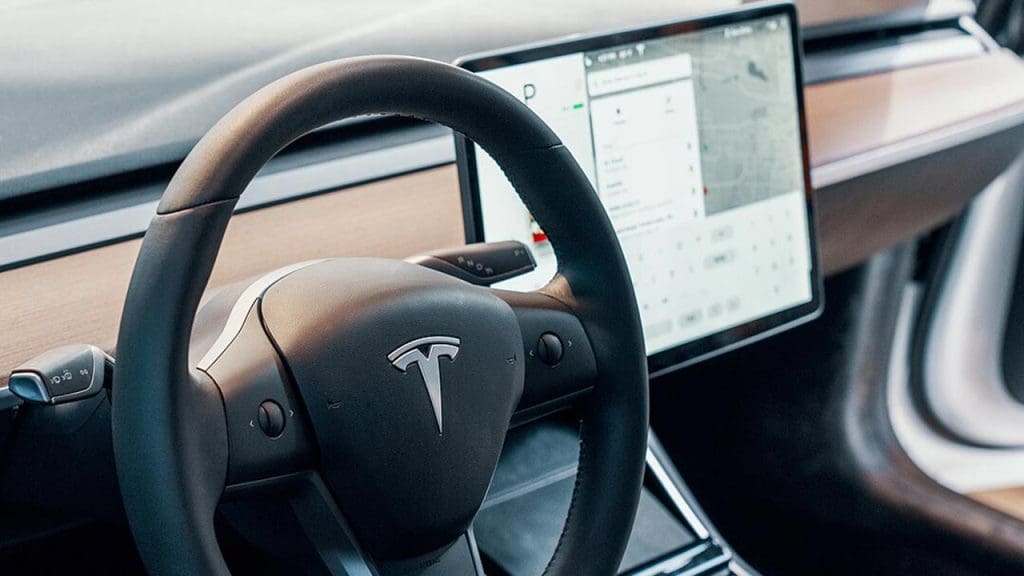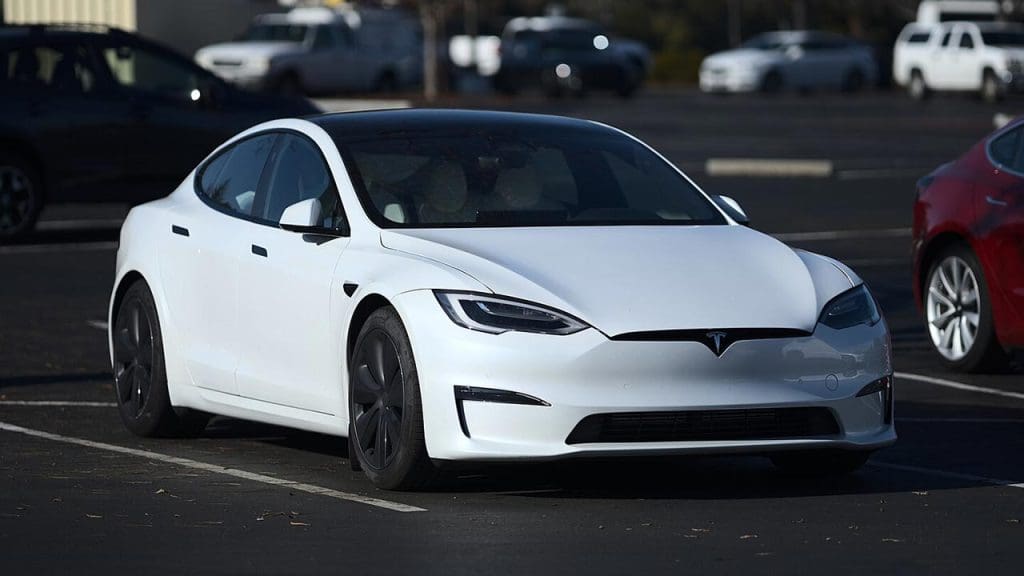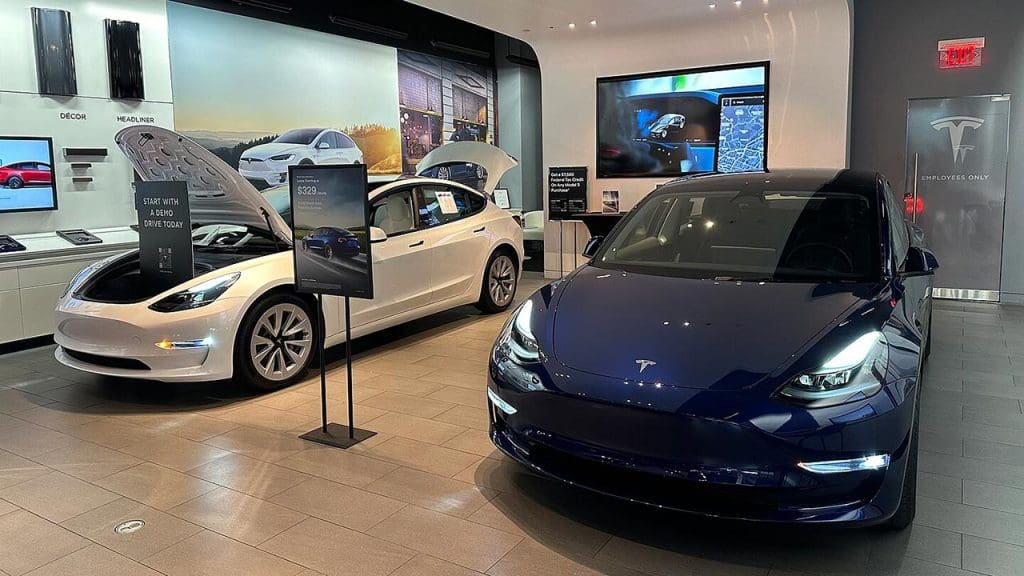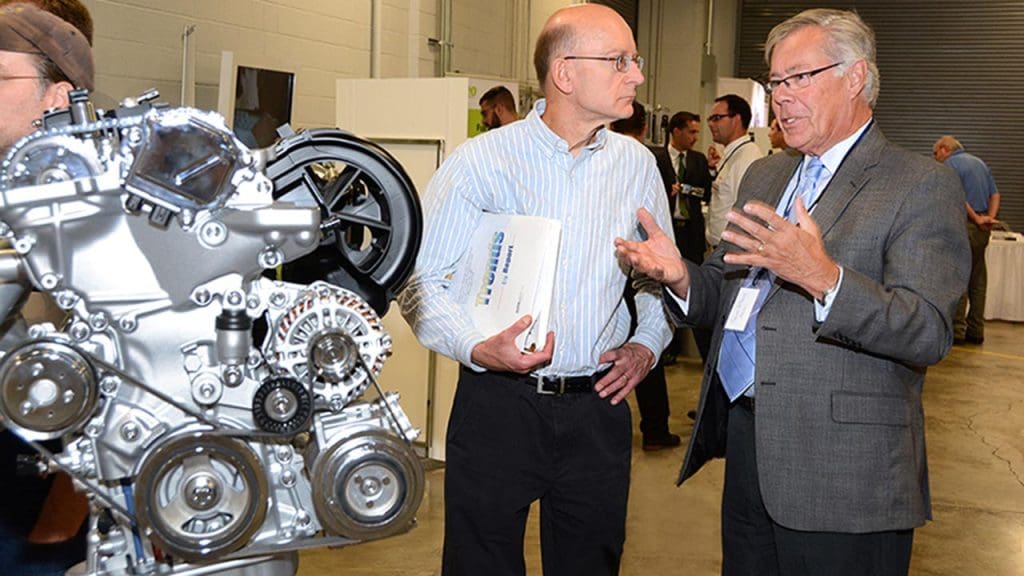Picture this: You approach your car, ready to drive, only to find out it won’t unlock or start. As technology and regulations evolve, scenarios like this may become more common. Why might your next car deny you access? The answer lies in the interplay of technology, security, and policy changes.
The Rise of Smart Technology in Vehicles

As the Internet of Things (IoT) continues to expand, its integration into modern vehicles is reshaping the driving experience. IoT technology facilitates advanced features such as remote diagnostics and in-car connectivity. However, this increased reliance on digital systems makes vehicles more vulnerable to technical failures and hacking attempts. A glitch in the system or a failed software update could leave drivers stranded, unable to access their own cars.
Software updates, while essential for maintaining the latest features and security protocols, can sometimes cause compatibility issues. These updates are vital for keeping a vehicle’s software ecosystem running smoothly, yet they can inadvertently lock users out if they are not fully compatible with existing systems. Moreover, as vehicles become more dependent on constant internet connectivity, network outages or server issues can disrupt access, leaving users unable to unlock or start their cars.
Cybersecurity Threats and Vehicle Access

The rise in cyber attacks poses a significant threat to vehicle access. As cars become more connected, they become attractive targets for hackers seeking unauthorized access or control. This can leave legitimate owners locked out of their vehicles or, worse, at the mercy of malicious actors who could manipulate vehicle functions remotely.
Robust security protocols are necessary to safeguard vehicles from such threats. However, these protocols must be carefully balanced to avoid overly stringent measures that might inadvertently restrict access for the owner. Past incidents have highlighted the risks involved; for example, vulnerabilities in certain car models have led to unauthorized access, prompting manufacturers to reassess their security measures.
Regulatory Changes and Their Impact on Car Access

International trade policies, such as those proposed by the Trump administration, could impact vehicle manufacturing by affecting the availability of necessary components. Such changes might lead to access issues if certain parts become scarce, potentially rendering some vehicles inoperable. Similarly, evolving emissions and safety regulations may phase out older vehicle models, impacting owners’ access to cars that no longer meet new standards.
Government and industry standards play a crucial role in shaping vehicle technology and security. While these standards aim to enhance safety and efficiency, they also influence how consumers interact with their vehicles. Balancing these standards with usability is vital to ensure that technological advancements do not come at the cost of accessibility.
Consumer Rights and Vehicle Ownership

The debate over vehicle ownership versus licensing is gaining traction. As cars become more software-driven, the question arises: do consumers truly own their vehicles, or are they merely licensing the software that operates them? This distinction is critical, as it can affect access privileges and consumer rights. In cases of denied access, legal avenues are available, though navigating these options can be complex and time-consuming.
Changing ownership models, such as subscription services, are also redefining traditional notions of vehicle access and control. These models offer flexibility and convenience but may also limit the autonomy consumers have over their vehicles. As the automotive landscape continues to evolve, so too will the legal and practical implications of vehicle ownership.
The Ethical and Social Implications

Increased vehicle connectivity raises significant privacy concerns. Data collected from connected vehicles can be used to monitor or even control access, raising questions about the balance between convenience and surveillance. For some consumers, particularly those in lower socioeconomic brackets, the risk of access denial could become a more prevalent issue, exacerbating existing inequalities.
The balance between convenience and control is an ethical dilemma that underscores the broader implications of smart vehicle technology. While the benefits of connectivity and advanced features are undeniable, they come with the potential loss of personal control over one’s property. As the industry moves forward, finding the right balance will be crucial in ensuring that technological advancements enhance, rather than hinder, the driving experience.